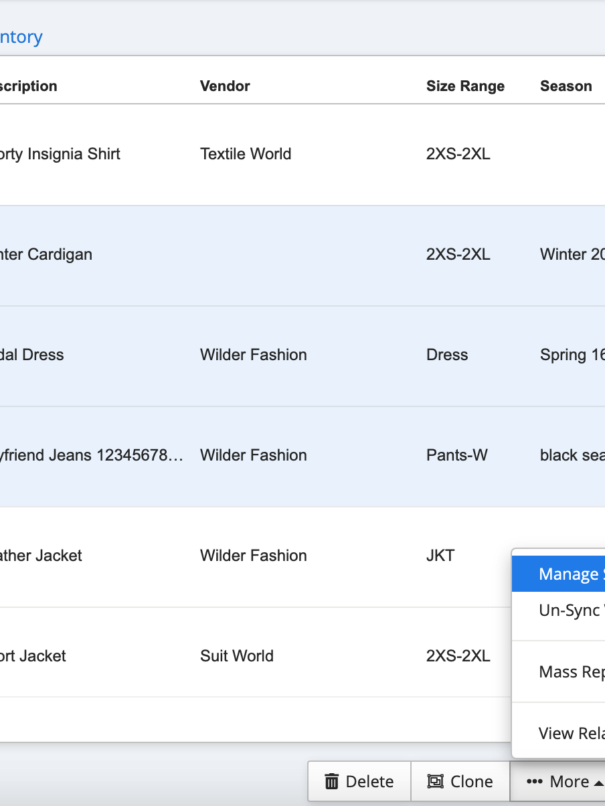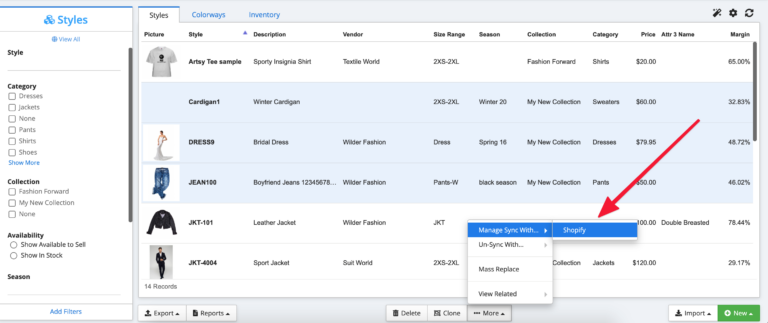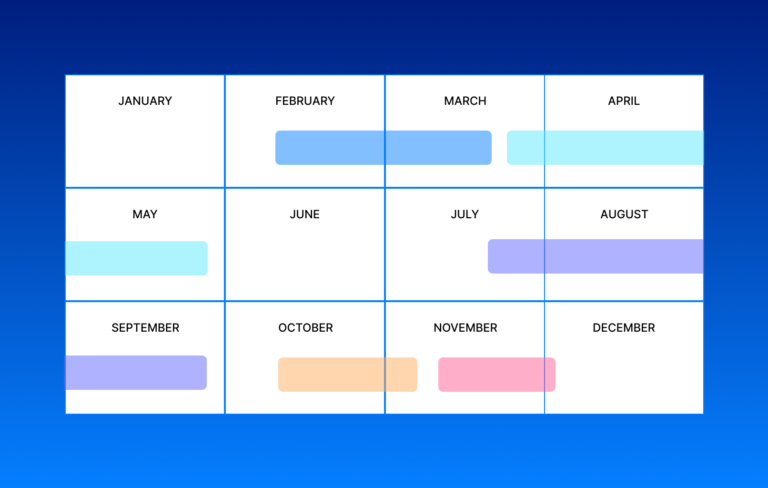Enterprise resource planning systems have become industry standards for many businesses. They help facilitate all back-end operations, such as production and vendor management, logistics, and with some integrations, even finances.
They are the jack of all trades. And as industries evolved, so did these systems. Nowadays, ERP systems are enhanced by AI features which allows businesses to be much more efficient and competitive.
And what artificial intelligence brings to the table is not just a fancy tech upgrade; it’s about making your entire operation smarter.
So why is this important, and why should you care? Well, let’s break down the benefits of ERP with AI when it comes to enhanced reporting.
New ERP Systems: Why You Should Embrace AI Technology
ERP systems used to be the unsung heroes of the back office, designed to keep everything from finances to the supply chain in check.
But times are changing. With the best AI for ERP algorithms, these systems are no longer just about management—they’re about anticipation and strategy.
With forecasting capabilities, ERP systems can offer businesses such as apparel brands to better pivot when trends change.
Having ample data will not hinder or impede your business process. Quite the contrary—the reporting let’s say, from your AI apparel ERP, can help you never be understocked or overstocked, which as we all know, can be a huge problem.
All-encompassing Reportings
The evolution of ERP systems from straightforward data organizers to intelligent business enhancers has been nothing short of revolutionary.
Nowadays, an ERP system not only tracks all your inventory data but also predicts the next quarter’s trends based on real-time data.
That’s the new reality with AI integration. This leap in capability marks a significant transformation in how businesses operate, offering a peek into a future where your systems are not just reactive but proactively working for you.
The Smart AI Functionalities That Are Making a Difference
The modern ERP with AI solutions streamlines operations across departments—from customer service to procurement—freeing up human workers to focus on more complex issues. This is possible given that all of the data sorting and filtering is done by the system itself and humans can just review filtered data and make intelligent business decisions based on that.
Predictive analytics anticipate product demand before market trends shift, enabling proactive stock management. Automated workflows handle everything from routine data entries to complex financial reconciliations, drastically reducing human error and increasing efficiency.
Transforming Business Operations
AI’s impact on business operations is profound. In inventory management, AI algorithms optimize stock levels in real time, helping prevent both overstock and stockouts. In customer relationship management, deeper insights into customer behavior allow for more tailored marketing strategies, enhancing customer satisfaction and loyalty.
Moreover, AI-enhanced ERPs improve visibility and forecasting, enabling businesses to anticipate and mitigate potential disruptions of the supply chain logistics before they can hurt the bottom line.
In a nutshell, with advanced reporting, business operations can always be productive as bottlenecks can be recognized way before they can make any impact.
What About Costs?
Procuring ERP with AI might sound like a pricey endeavor, but thanks to cloud technology, it’s more accessible than ever.
Cloud-based ERP solutions mean that businesses of all sizes can leverage the power of advanced analytics and machine learning without the hefty initial investment, democratizing access to cutting-edge technology.

How You Too Can Find The Right ERP For Your Business
Finding the right enterprise resource planning system can be a game changer for your business, streamlining everything from inventory management to customer relations. But with so many options out there, how do you choose the one that’s right for you?
Let’s break down the four key factors you should consider to make sure you find an ERP solution that fits like a glove. And let’s get one thing clear—you should not just focus on ERP with AI or machine learning technologies, you should focus on ERP systems that offer all of the things we have mentioned below plus AI capabilities for maximum efficiency.
Customization and Scalability
First up, let’s talk about customization.
Your business isn’t cookie-cutter, so why should your ERP system be? The right ERP solution should not only fit your current needs but also be adaptable to your future growth. Look for systems that offer easy customization options that don’t require you to be a tech wizard.
Scalability is equally important. Think about where you want your business to be in five or ten years. Will the ERP system grow with you, or will it hold you back? Ensure the system can scale up to handle additional processes and more extensive data analysis as your business expands.
Integration Capabilities
Next on the list are ERP integrations. This is crucial because your ERP system should integrate with the software you’re already using. Whether it’s your CRM software, accounting tools, or e-commerce platforms, seamless integration saves you from data silos and fragmented systems that can slow your business down.
Look for an ERP that boasts strong integration capabilities or is part of a larger suite of business applications designed to work together smoothly. This compatibility will save you a lot of headaches and streamline your operations.
User-Friendly Interface
Let’s face it, even the most powerful software can become a nightmare if it’s not user-friendly. The usability of an ERP system is a major factor in its success within your company. If the system is too complex, your team won’t use it to its full potential, which defeats the purpose of having it.
When evaluating an ERP, consider the learning curve and the interface aesthetics. A good ERP should have a clean, intuitive interface that makes navigation simple, not a maze that your team dreads navigating.
Robust Support and Vendor Reputation
Lastly, don’t overlook the importance of support and vendor reputation. A reliable vendor with a solid track record of successful implementations speaks volumes. Look at reviews, testimonials, and case studies. What do other users say about their support? Does the vendor offer comprehensive training and resources?
Support is crucial, especially during the initial implementation phase and as you continue to use the system. Ensure that the ERP vendor provides timely, effective support. This includes help desks, user communities, and regular updates to keep your system secure and functioning optimally.
Conclusion
It is no secret that incorporating AI technology elevates business operations and ERP systems are no exception.
Choosing the right ERP system is no small feat, but focusing on these four key aspects will help guide your decision. Remember, the best ERP solution is one that aligns with your business processes, integrates seamlessly with your existing tools, is easy to use, and comes with reliable support.
If you want to equip yourself with the best AI apparel ERP system, take a look at what ApparelMagic has to offer.







